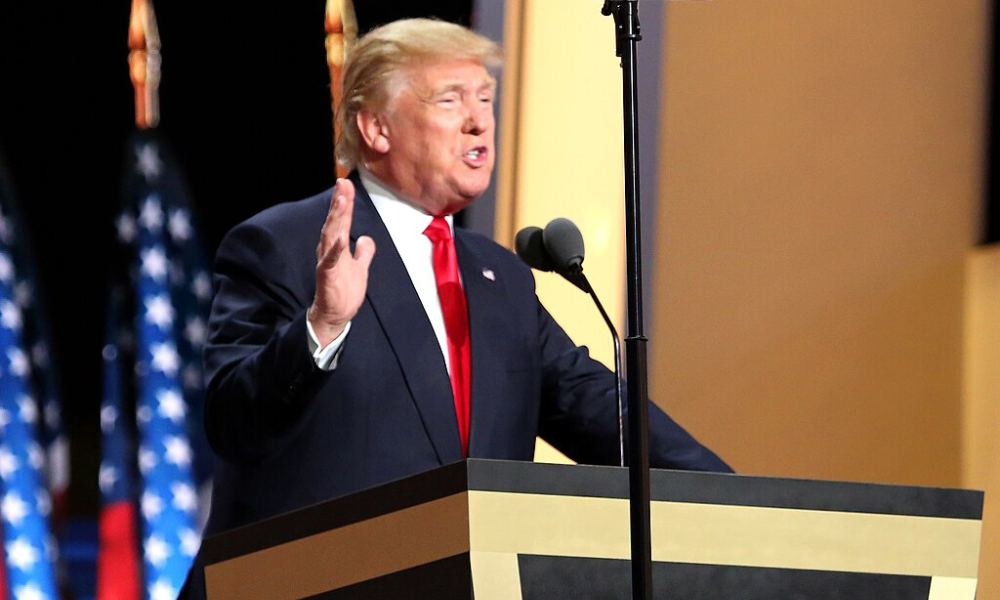Some people were born to do it and have earned legendary status through their strategies. WP takes a look at some top performers over the years in part two of this series

A select few investors have risen above the hordes to establish themselves as legends of the business - making a heap of money in the process. We pick out five people who have excelled, highlighting the personalities and strategies that rose to the top. Don't miss part 1 of this series, which you can find here.
Sir John Templeton
American-British investor regarded as one of the most successful of the 20th century. Founder of the Templeton Growth Fund, he was an early innovator in global value investing. At the time he sold the fund to Franklin Resources in 1992, it held more than $13 billion in assets.
His investment philosophy was rooted in his contrarian tendency to identify value stocks irrespective of market trends. A keen traveller, he was convinced of the opportunities in overseas stocks, preferring nations with fewer regulatory obstacles and low inflation. Japan was a favourite.
Notably, Templeton’s first big contrarian bet came in 1939 when he bought shares in any U.S. stock trading below one dollar per share just as Hitler’s German army was moving across Europe and western pessimism was high. This portfolio grew by more than 400% over the next five years.
What he said: “The four most expensive word in the English language are ‘This time is different.’”
Carl Icahn
Icahn initially went to med school but hated it. Instead, he became one of Wall Street’s most successful investors and has been shaking up corporate America for decades with his aggressive “vulture capitalist” style. This involves taking positions in public companies and initially demanding extreme change in both leadership and management styles. Often, these firms end up paying him “greenmail” money to step away.
His style has matured somewhat as he became a shareholder activist. Investors followed his lead in anticipation that Icahn will uncover value and give it an “Icahn lift”. His philosophy is based on "buying something when nobody wants it".
He finds companies with stock prices that are reflective of poor price-to-earnings (P/E) ratios or with book values that exceed the current market valuation. Icahn has focused publicly on CEO compensation and believes that many top executives are grossly overpaid and that their pay has little correlation to stock performance.
What he said: “Some people get rich studying artificial intelligence. Me, I make money studying natural stupidity.”
Peter Lynch
A legend of the business based on an incredibly sustained performance level. As the manager of Magellan Fund at Fidelity Investments between 1977 and 1990, he averaged a 29.2% annual return, consistently more than double the S&P 500. At that time it was the best-performing mutual fund in the world.
Following a bottoms-up approach, Lynch does not believe in restricting investments to any one type of stock. He favours a "story" approach, with investments in firms he knows and understands. In general, he tends to favour small, moderately fast-growing companies that can be bought at a reasonable price.
Among his many criteria for stock selection is that the company name is boring, the product or service is in a boring area, the company does something disagreeable or depressing, or there are rumours of something bad about the company. Their ugly duckling nature tends to be reflected in the share price, so good bargains often turn up. Examples include Service Corporation International (a funeral home operator - depressing) and Waste Management (a toxic waste clean-up firm - disagreeable).
What he said: “Owning stocks is like having children -- don't get involved with more than you can handle.”
Michael Steinhardt
An architect of the modern hedge fund, from 1967 to 1995 his Steinhardt Partners fund averaged annualized returns for its clients of 24.5%. He came out of retirement in 2004 to work for Index Development Partners, now known as WisdomTree Investments, and retired as chairman of the board in 2019.
Steinhardt thought like a long-term trader but used these insights to make short-term strategic trades in line with his intense fascination with betting on falling prices. He has been open in saying he felt more gratification from making money on the short side than from the long side.
A volatile boss – and that’s putting it kindly - his reputation took a hit in recent years over a number of allegations that he made inappropriate sexual requests to women.
As an aside, Steinhardt maintains a zoo at his 57-acre Bedford, N.Y, estate, complete with 90-year old Tortoises, rare zonkies and camels.
What he said: “I was happier when pursuing success than I was when savouring its fruits; the attraction, perhaps the addiction, was in the process, as much as in its end.”
Thomas Rowe Price Jr.
Thomas Rowe Price Jr. is considered to be "the father of growth investing." He spent his formative years struggling with the Depression, and he learned not to stay out of stocks but to embrace them. He took to investing in good companies for the long term, which was virtually unheard of at this time.
His investment philosophy was that discipline, process, consistency, and fundamental research became the basis for his successful investing career. Price died in 1983, after which the Price family no longer took part in the running of the company. The firm, now named T. Rowe Price Associates, went public in 1986 and was added to the S&P 500 Index in 1999.
What he said: “If you stay half-alert, you can pick the spectacular performers right from your place of business or out of the neighbourhood shopping mall, and long before Wall Street discovers them.”



